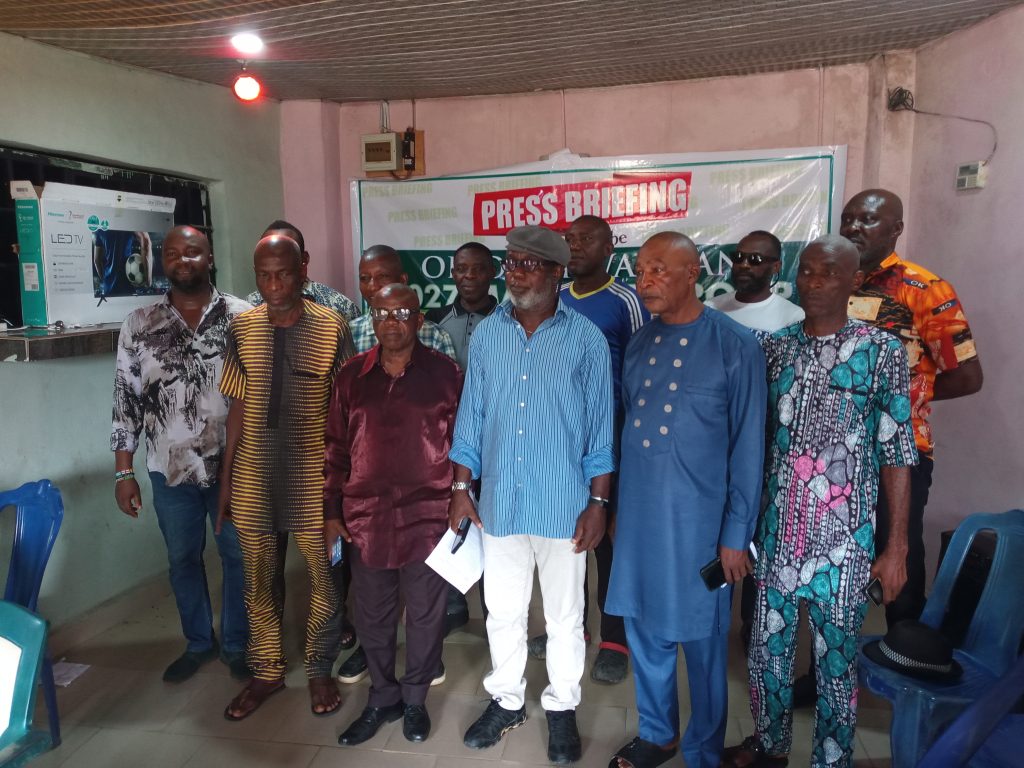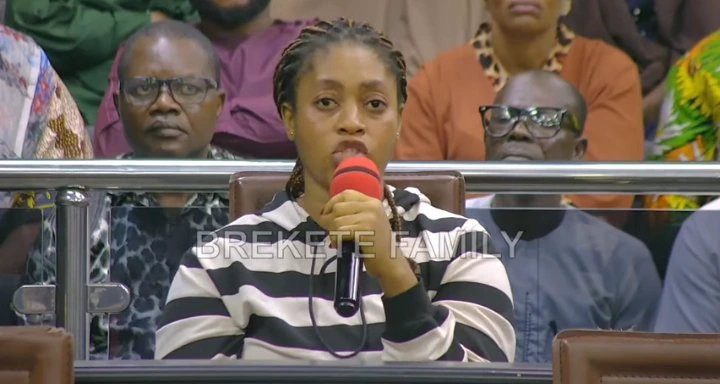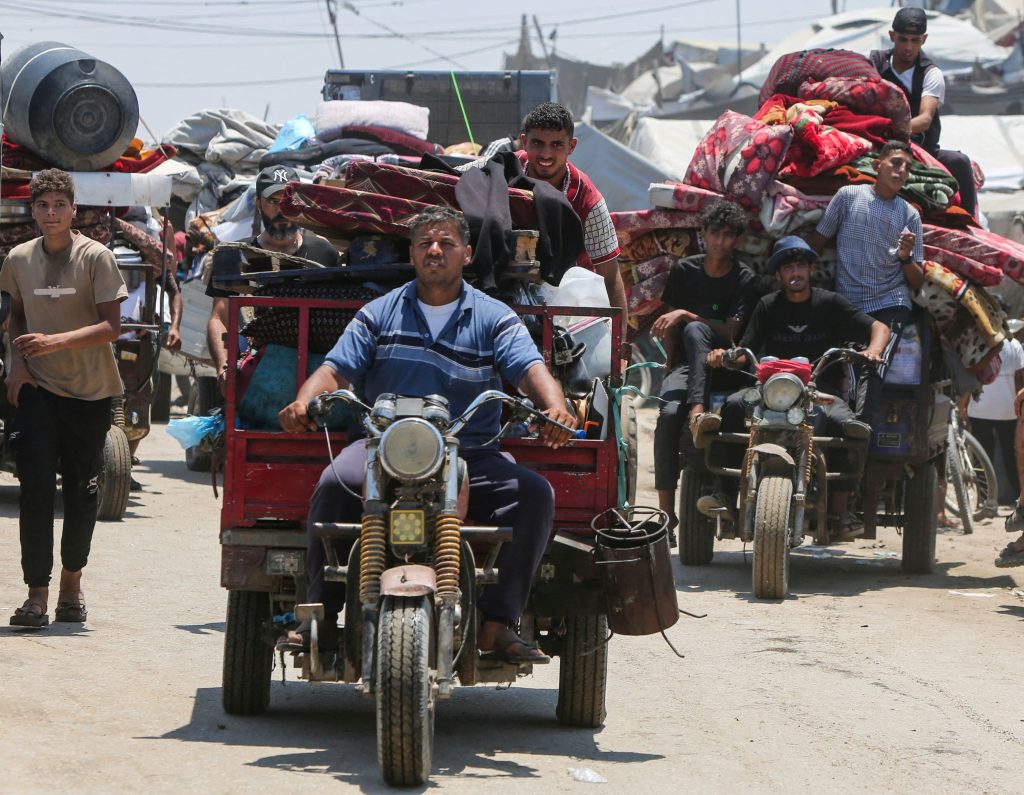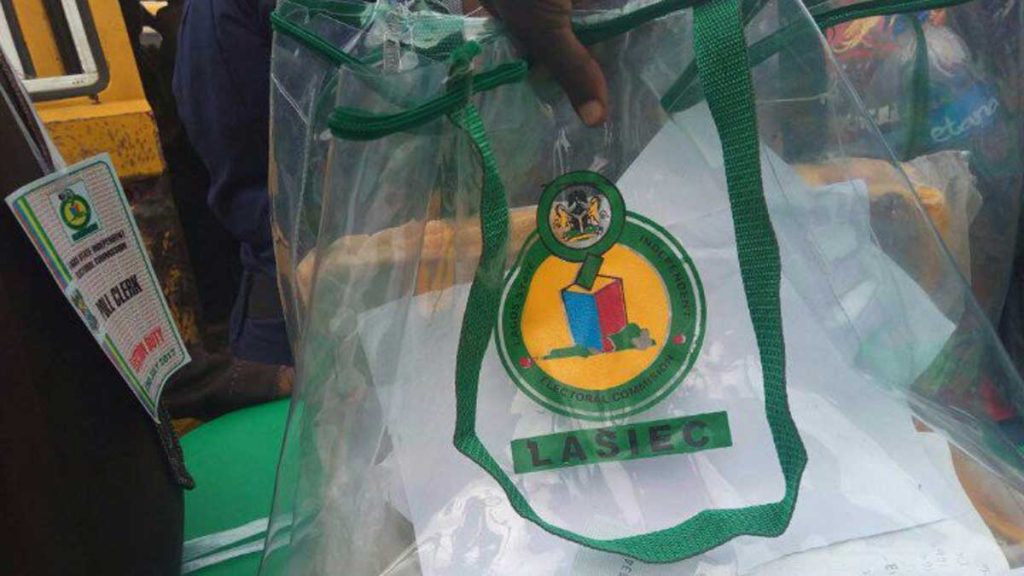Africa
Embalo, President of Guinea-Bissau, declares for second term

Guinea-Bissau’s President Umaro Sissoco Embalo has announced his intention to run for a second term in the upcoming November elections.
This move is likely to escalate tensions in the West African nation, which has experienced multiple coups since gaining independence from Portugal over 50 years ago.
Embalo’s first term has been marked by controversy, with the opposition refusing to recognize him as president.
The opposition argues that Embalo’s term should have ended on February 27, 2025, but the Supreme Court has ruled that it should run until September 4, 2025.
Despite the opposition’s refusal to recognize him, Embalo has set the election date for November 30 and has stated his intention to stay in office until then.
The opposition has warned of mass protests and strikes in response to Embalo’s announcement.
Embalo’s decision to seek a second term comes after a recent visit to Russia, where he met with President Vladimir Putin to discuss potential economic and security ties.
This move has raised concerns about the increasing influence of Russia in Africa.
The situation in Guinea-Bissau remains volatile, with the opposition vowing to take action against Embalo’s government.
The international community is watching the situation closely, with the Economic Community of West African States (ECOWAS) recently sending a delegation to Guinea-Bissau in an attempt to resolve the crisis.
However, the delegation was forced to leave the country after Embalo threatened to expel them.
The situation remains unresolved, and it is unclear what the outcome of the November elections will be.
Embalo at a glance
Born on September 23, 1972, Embaló comes from a Muslim Fulani family in Bissau.
Embaló’s educational background is impressive, holding a degree in international relations from the Technical University of Lisbon, as well as a Master’s degree in political science and a doctorate in international relations from the Complutense University of Madrid.
He is fluent in multiple languages, including Portuguese, Spanish, English, French, Arabic, and Swahili.
Before entering politics, Embaló served in the army, rising to the rank of brigadier-general.
He also underwent National Defence Studies at the National Defence Centre of Spain and studied National Security in various countries, including Belgium, Israel, South Africa, Japan, and France.
Embaló’s political career began when he was appointed Prime Minister by President José Mário Vaz in November 2016.
However, his tenure was marked by controversy, and he was eventually replaced in January 2018.
In 2019, Embaló ran for president as the candidate of Madem G15 and won the runoff vote against Domingos Simões Pereira.
However, the opposition disputed the results, and Embaló’s presidency has been marked by turmoil and uncertainty.
As president, Embaló has been accused of attempting to consolidate power and undermine the country’s semi-presidential system.
He has dissolved parliament twice, alleging coup attempts, and has been criticized for his handling of the electoral process.
Despite the challenges, Embaló has also made efforts to strengthen Guinea-Bissau’s relationships with other countries, including Russia and Israel.
He has also mediated negotiations between the Senegalese government and the Movement of Democratic Forces of Casamance (MFDC) to end the Casamance conflict.
For Diaspora Digital Media Updates click on Whatsapp, or Telegram. For eyewitness accounts/ reports/ articles, write to: citizenreports@diasporadigitalmedia.com. Follow us on X (Fomerly Twitter) or Facebook











